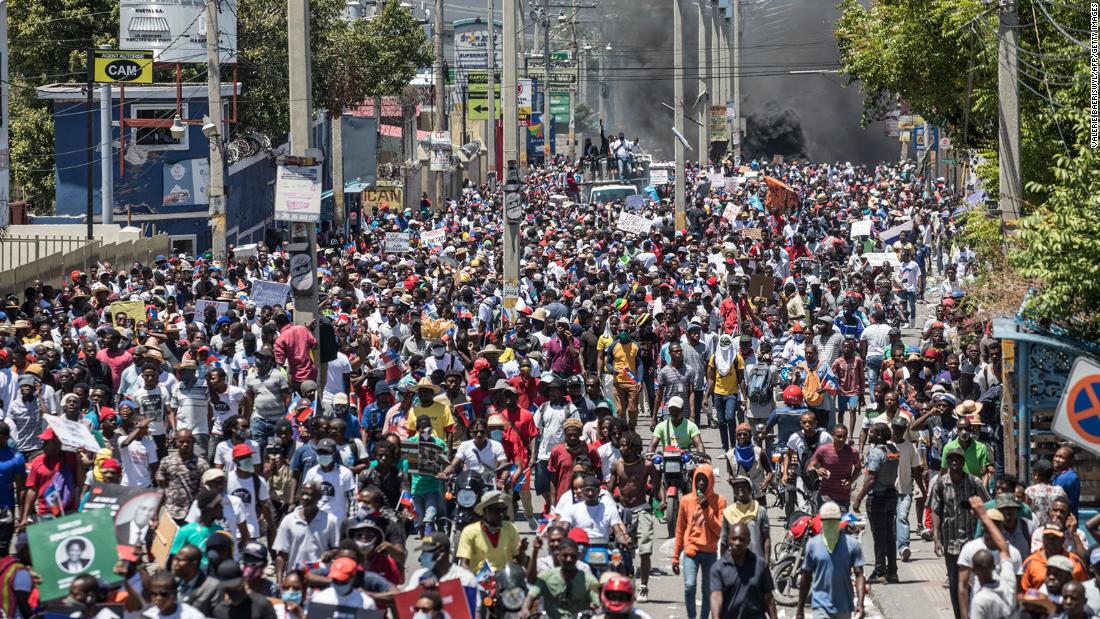The Political Economy of Urbanization
Urbanization is a global phenomenon that has significant political and economic implications. As the world becomes more urbanized, with an increasing number of people moving from rural areas to cities, understanding the political economy of urbanization becomes crucial. This article explores the complex interplay between politics, economics, and urbanization, shedding light on the key factors and consequences of this transformative process.Urbanization refers to the increasing concentration of population in cities and the growth of urban areas. It is a multidimensional process that encompasses various social, economic, and political aspects. The relationship between urbanization and political economy is intricate, as urban areas often become centers of political power and economic activity. Understanding this relationship is crucial for policymakers, urban planners, and economists alike.
Definition and Dynamics of Urbanization
In this section, we will define urbanization and examine its dynamics. Urbanization occurs when the proportion of a country's population living in urban areas increases over time. It involves the movement of people from rural areas to cities, driven by factors such as job opportunities, better access to services, and higher living standards. The pace and scale of urbanization vary across countries and regions, leading to diverse urban landscapes.
Economic Drivers of Urbanization
Urbanization is closely linked to economic development. Economic factors, such as industrialization and the growth of service sectors, play a significant role in driving urbanization. Cities attract businesses, investment, and skilled labor, creating opportunities for job creation and wealth generation. The concentration of economic activities in urban areas can lead to increased productivity and innovation, driving overall economic growth.
Political Factors Influencing Urbanization
Politics plays a crucial role in shaping urbanization patterns. Government policies and regulations can either promote or hinder urbanization. Political decisions regarding infrastructure development, land-use planning, and zoning regulations significantly influence the spatial and functional aspects of cities. Political stability and effective governance also contribute to creating an environment conducive to urban growth.
Urbanization and Social Inequality
While urbanization can bring economic opportunities, it also contributes to social inequality. Rapid urbanization often leads to the emergence of slums and informal settlements, where marginalized communities face inadequate access to basic services such as housing, water, and sanitation. Addressing social inequality and ensuring inclusive urban development require concerted efforts from governments and policymakers.
Environmental Impacts of Urbanization
Urbanization has profound environmental implications. Cities consume vast amounts of resources and energy, leading to increased carbon emissions and ecological footprints. Urban areas also face challenges such as air pollution, waste management, and the loss of green spaces. Sustainable urban planning, resource management, and the promotion of eco-friendly practices are essential to mitigate these environmental impacts.
Urban Planning and Governance
Effective urban planning and governance are vital for managing urbanization. Well-designed cities with adequate infrastructure, efficient transportation systems, and affordable housing can enhance the quality of life for urban dwellers. Participatory decision-making processes, transparent governance, and the involvement of local communities in urban planning are key elements in creating sustainable and livable cities.
The Role of Infrastructure in Urbanization
Infrastructure development plays a crucial role in facilitating urbanization. Adequate transportation networks, reliable water and sanitation systems, and access to healthcare and education are essential for the functioning of cities. Investment in infrastructure is necessary to support urban growth, attract businesses, and improve the overall quality of life for urban residents.
Global Perspectives on Urbanization
Urbanization is a global phenomenon that manifests differently in various regions. Different countries face unique challenges and opportunities in managing urbanization. Examining global perspectives on urbanization allows us to learn from successful strategies and innovative approaches adopted by different nations. Sharing knowledge and experiences can contribute to more sustainable and inclusive urban development worldwide.
Challenges and Opportunities of Urbanization
Urbanization presents both challenges and opportunities. Challenges include managing rapid population growth, ensuring equitable access to resources and services, addressing social and environmental issues, and promoting sustainable economic development. However, urbanization also offers opportunities for innovation, cultural exchange, economic diversification, and the creation of vibrant and dynamic urban spaces.The political economy of urbanization is a multifaceted topic that requires a comprehensive understanding of the interplay between politics, economics, and urban development. Urbanization is a transformative process that brings both benefits and challenges. By addressing social inequality, environmental sustainability, and inclusive governance, policymakers and urban planners can harness the potential of urbanization for the betterment of societies worldwide.







 English (US) ·
English (US) ·